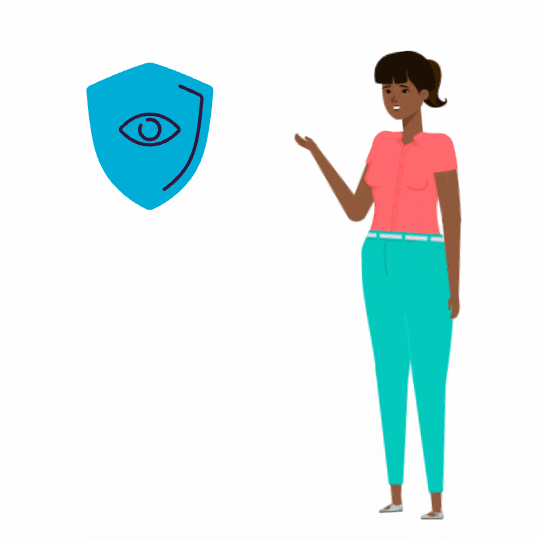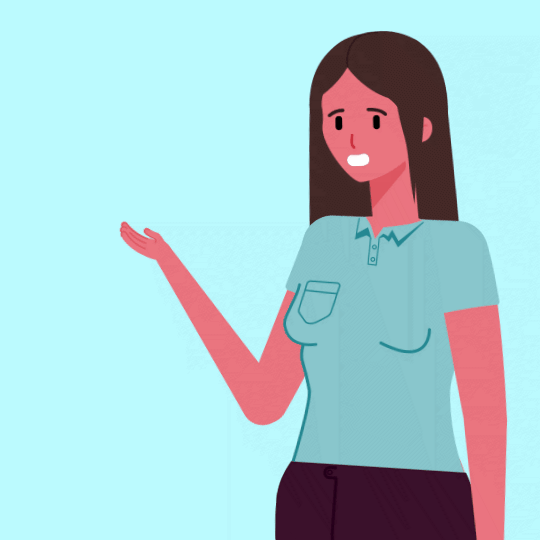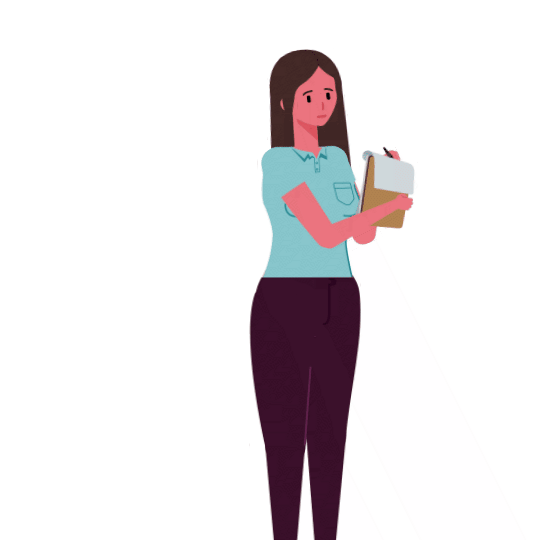Introduction
At SOS Children’s Village, it is our duty to make sure that every child and young person in our programs is protected and feels safe. The most important part of our job is prevention – stopping bad things from happening in the first place. This includes working together to identify risks, educate our staff, and run workshops with children and young people, so everyone knows about their rights. It’s essential for you to know your rights and what to do if someone doesn’t respect them.

How can you participate to keep yourself and others safe!
Some ways children and young people can get involved in prevention are:
Types of abuse & recognizing abuse
You have the right to be free from harm and abuse. Below, you’ll find information about different kinds of abuse and their warning signs. If you ever notice these signs in yourself or in others, it’s crucial to report it so we can help.
Peer-to-peer violence
Overview
Peer-to-peer violence is a significant concern within SOS Children’s Villages. It can be tough for children and young people to know what to do or how to express their concerns. So, understanding what peer-to-peer violence is and being able to identify it is key. Once you know what it looks like, you can take the next steps to address it and get the help you need! 💪🔍📚
Peer-to- peer violence involves different types of abuse that can happen between children and/or young people. This includes things like bullying (including cyberbullying), sexual violence, sexual harassment, physical abuse (like hitting, kicking, shaking, biting, hair pulling). It’s important to understand that these behaviors can harm others and should be taken seriously. 😞🚫🤝


What should I do when I experience peer-to-peer violence & how can I minimize experiencing further harm (for me & my peers)?
If you’re going through or you witness peer-to-peer violence, the first step is to let an adult you trust know. It might feel a bit intimidating, but it’s really important for your well-being and the well-being of your peers. Adults can step in and help resolve the situation, making sure everyone stays safe and supported.

